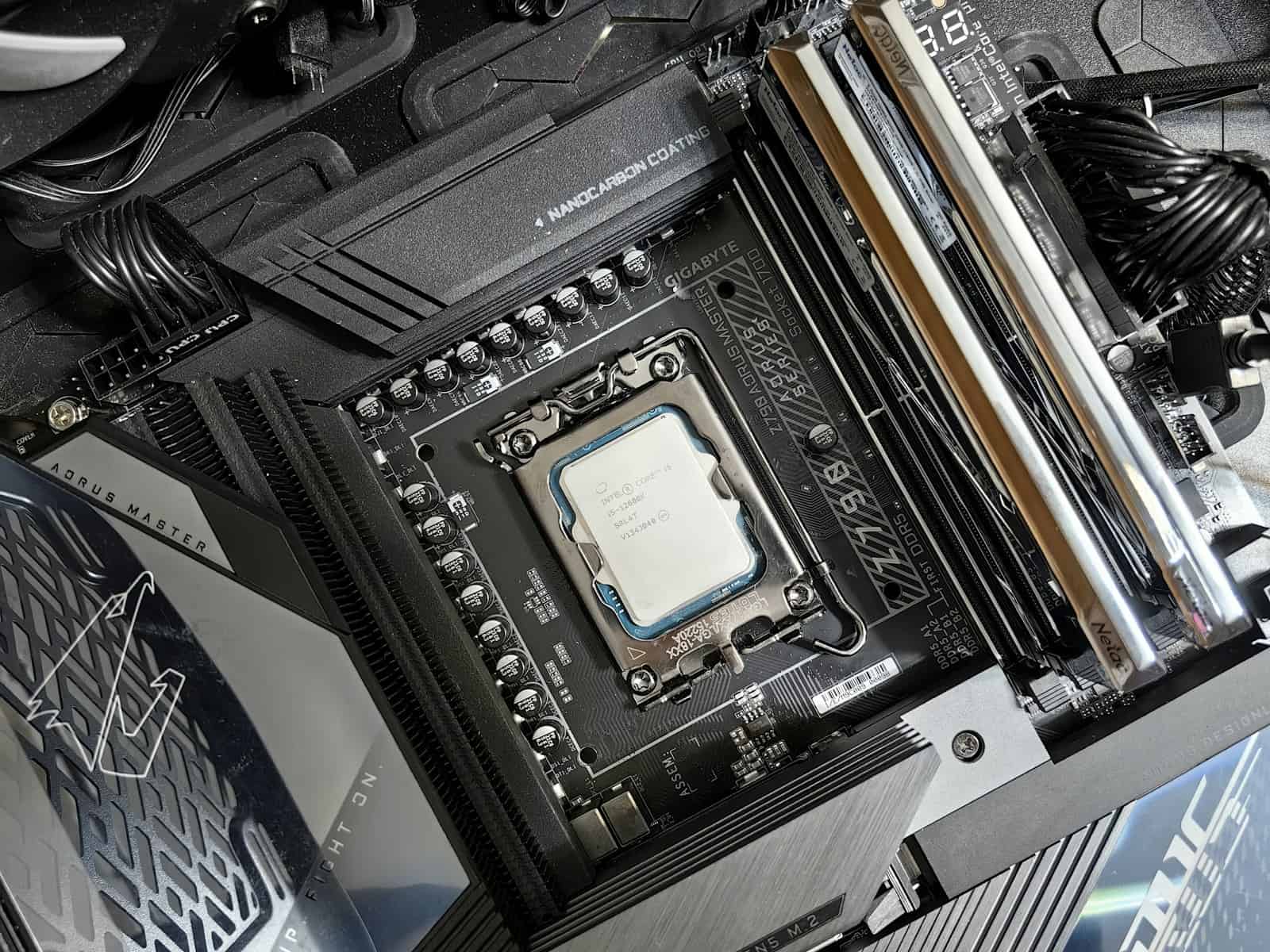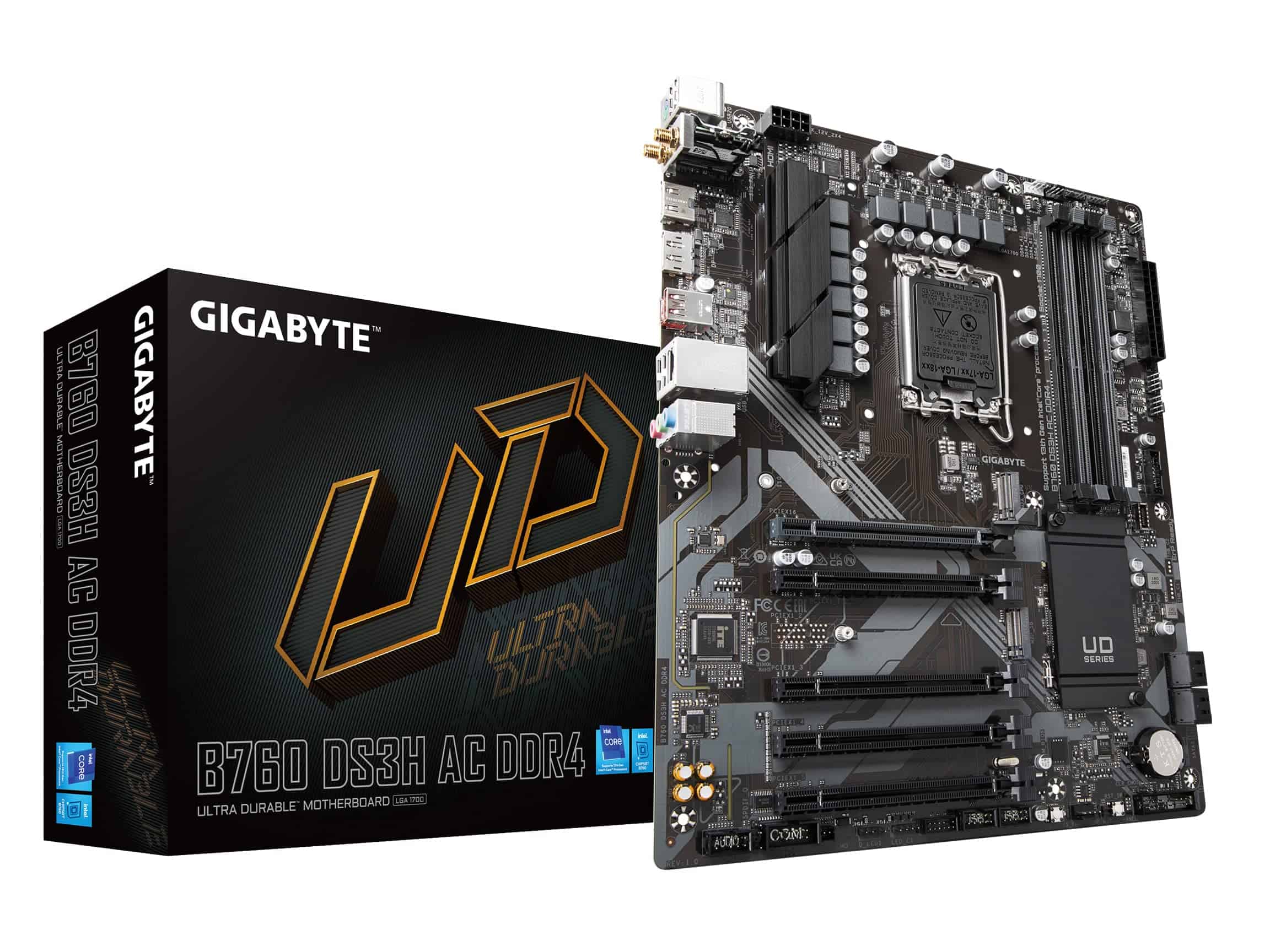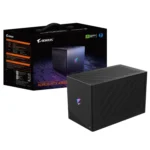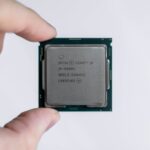Yes! Gigabyte is one of the best manufacturers of motherboards for both AMD and Intel based processors. When it comes to building a computer, choosing the right motherboard is crucial for ensuring that all other components work together seamlessly – and Gigabyte motherboards are up to the task. Gigabyte is a brand that has been in the market for quite some time, offering motherboards that are compatible with various processors and memory types. They are known for their quality and performance, with many users finding these motherboards reliable and long-lasting. Reviews highlight the stability and build quality of Gigabyte motherboards, suggesting that they are a smart choice for both general users and gamers. Some of the popular models include the B550 and B450, which are praised for their decent performance.
Gigabyte’s offerings include motherboards that support current-gen features like PCIe 5.0, making them ready for future upgrades as well. The effectiveness of a Gigabyte motherboard can vary based on what the computer will be used for and the specific model in question. Each motherboard has its own set of technical specifications that determine its compatibility with certain CPUs and memory types, affecting overall system performance. Therefore, it’s important for consumers to consider these specifications when selecting a motherboard to ensure it meets their needs.
Gigabyte Motherboards: A Quality Choice
Gigabyte motherboards have a solid reputation within the PC building community. They’re known for balancing value, features, and reliability. Here’s what you need to know about Gigabyte motherboards and whether they’re a good fit for your setup:
Benefits of Gigabyte Motherboards
- Price to Performance: Gigabyte offers a wide range of options at various price points. This makes them a good choice for budget-conscious builders and enthusiasts alike looking for optimal performance for their budget.
- Features and Overclocking: Gigabyte motherboards offer a good selection of features and often provide good overclocking potential, especially in their higher-end models.
- Reliability: Gigabyte has an established track record of making reliable motherboards that can withstand the demands of everyday use.
- Variety: They offer motherboards for both Intel and AMD processors, giving you options regardless of your CPU preference.

Considerations
- BIOS: While Gigabyte has improved over time, their BIOS interface isn’t always the most intuitive compared to some competitors.
- Aesthetics: Gigabyte sometimes prioritizes function over form. Some of their motherboards may have plainer designs compared to other brands.
Are Gigabyte Motherboards Right for You?
Here’s a quick guide to help you decide if a Gigabyte motherboard is the right choice for your build:
| Type of PC Builder | Gigabyte Motherboard? |
|---|---|
| Budget-conscious | Yes, Gigabyte offers value-oriented options |
| Performance Seeker | Yes, their mid-range and high-end boards offer solid features and overclocking potential |
| RGB enthusiast | Maybe, check the specific board’s design and RGB capabilities |
| User prioritizing ease of use | Possibly, but consider other brands with more streamlined BIOS interfaces |
Popular Gigabyte Motherboard Series
Here’s a breakdown of some popular Gigabyte motherboard series:
- AORUS: The premium line, aimed at gamers and enthusiasts. Expect top-end features, overclocking capabilities, and often flashier aesthetics.
- Aero: Offers a balance of performance and design, with some models featuring striking white and silver color schemes.
- UD (Ultra Durable): Focuses on reliability and value.
Gigabyte motherboards offer a good mix of performance, value, and reliability. They’re a worthy contender when building your next PC, especially if budget or overclocking potential are priorities.
Key Takeaways
- Gigabyte is a well-known motherboard brand with a solid reputation for quality.
- Motherboard models vary, with popular ones like B550 and B450 known for good performance.
- Technical specifications are key to choosing the right Gigabyte motherboard for a system’s needs.
Technical Specifications and Compatibility
When choosing a Gigabyte motherboard, it’s crucial to consider how it will fit with your other computer components. This section breaks down what you need to know about the technical aspects and compatibility features of Gigabyte motherboards.
Processor and Socket Compatibility
Gigabyte offers motherboards that are compatible with both Intel and AMD processors. Intel motherboard options include chipsets like Z790 which supports Intel 14th, 13th, and 12th Gen processors with LGA 1700 sockets. For AMD, chipsets such as the X570 and B550 are designed for AMD Ryzen processors and use the AM4 socket. The high-end Aorus Extreme models accommodate the latest CPU models, including the powerful AMD Ryzen 7000 series on an AM5 socket and Intel’s Core i9-13900K.
Memory and Expansion Capabilities
These motherboards provide support for a range of memory types and sizes. For instance, Z690 and B660 motherboards support DDR5 RAM, while others still support DDR4 memory. Expansion capabilities vary with different slots for graphics cards and storage. Most boards offer several PCIe 4.0 and M.2 slots, with newer models like the Z790 boasting PCIe 5.0 support for even faster data transfers.
Connectivity and Networking
Gigabyte motherboards excel in connectivity options. Many feature a variety of USB ports including USB 3.2 Gen 2 and USB 3.2 Gen 2×2 Type-C for fast data transfer. Networking features cover options from Ethernet ports capable of 2.5GbE speeds to wireless options including Wi-Fi 6E and even Wi-Fi 7 on select models. This ensures both gamers and professionals can maintain a stable and speedy internet connection.
Form Factor and Build
The form factor of a motherboard determines the size and layout of the board. Gigabyte offers a range from ATX to Micro-ATX and even E-ATX for more expansive builds. Build quality is consistent across ranges, with durable components and VRM heatsinks to ensure stable power delivery. Many models come with integrated RGBs and additional RGB headers to enhance the aesthetic of gaming setups.






